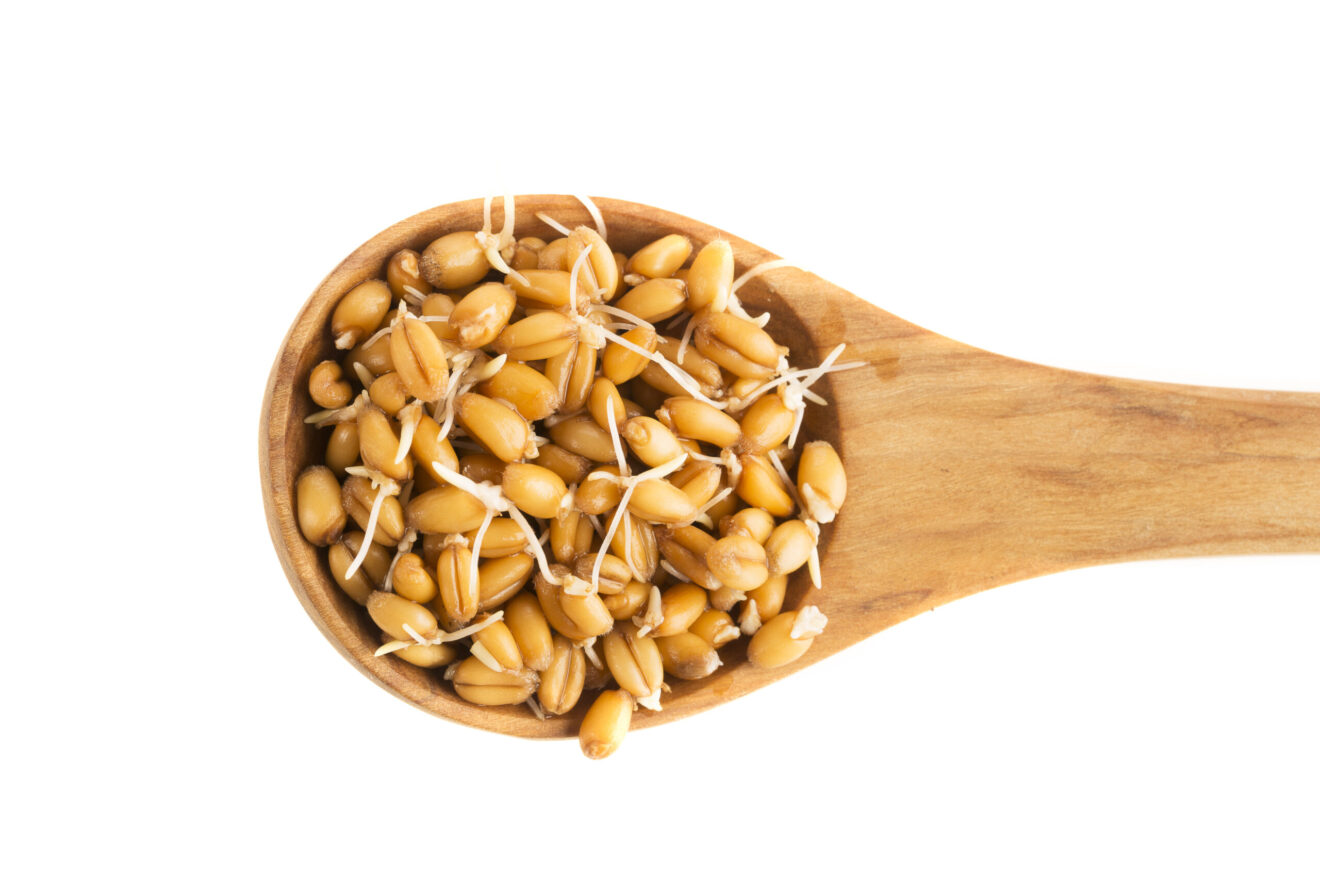This post is sponsored by Alvarado Street Bakery.
Baked goods made with sprouted grains offer a range of health benefits that are appealing to many consumers, especially those who are increasingly interested in healthy diets and nutrient-dense foods. As more brands aim to capitalize on the virtues of sprouted grains, however, the options may become confusing for shoppers who are unsure about the properties of sprouted grain products compared to those made with traditional processed flour.
“The word sprouted is appearing on more and more products, and not all companies are so good at using labels to explain exactly what that means,” said Michael Girkout, director of marketing for Petaluma, Calif.-based Alvarado Street Bakery. “There is no standard of identity for the word ‘sprouted’, much like the word ‘natural.’”
Many of Alvarado Street Bakery’s breads are made with only sprouted grains and contain no processed flour, which allows consumers to reap all the benefits sprouted grains have to offer.
A difference in digestibility
One major difference between sprouted grain breads and those made with only flour is how easy the finished product is to digest.
“The natural propensity for grains and seeds is that they are not that digestible. They have an outer hull which is difficult for the body to break down,” Girkout said. “The human body does not contain all the amino acids necessary to fully break down whole grains, but once they are sprouted they are transformed…into a living, breathing plant. It is certainly much easier for the body to digest plant matter than it is to digest un-sprouted grains.”
Sprouting can help break down the starches in grains, making them almost “predigested,” said Megan Roosevelt, registered dietitian nutritionist and CEO of Healthy Grocery Girl.
For people who express interest in trying a gluten-free diet to mitigate bloating or stomach pain, Roosevelt often recommends they try sprouted grain products before cutting out bread altogether.
“I see a lot of people who give sprouted grains a try and they’re able to digest things better, they don’t get as bloated or gassy, and that’s a really encouraging thing because they realize ‘I don’t need to go gluten-free, I don’t have celiac disease, I just maybe need to consider sprouted grains which are easier for me to digest,’” she said.
Unlocking key nutrients
The increased digestibility of sprouted grains is responsible for another key benefit: increased access to the nutrients found in grains.
“When we digest food, obviously we want to absorb as many nutrients from that food as possible…and by sprouting [grains] some of the nutrients that can better be absorbed are minerals such as calcium, magnesium, iron, copper and zinc,” Roosevelt said. “Sprouting also helps release more of the antioxidants that are naturally found in grains and seeds. Also, besides minerals and antioxidants there are some vitamins such as Vitamin C and also the B Vitamins — B2, B5 and B6 — that sprouting can help release and make it easier for the body to digest,” she said.
The levels of nutrients available to the body from sprouted grains can be as much as 500 times higher than what the body can absorb from processed flour, Girkout said.
Don’t be fooled by imitators
Because “sprouted” isn’t a regulated term, it appears on some products that aren’t made with true sprouted grains. Some brands will add sprouted grains at the end of the baking process to items made with processed flour, and some manufacturers use sprouted wheat flour made from sprouts that are dried before being ground.
“If you remember from our school days, when you mix flour with water you get paste, you get this ball of glue, and that’s basically what’s going on in your gut when your body is trying to digest something made with processed flour,” Girkout said. “Sprouted wheat flour is grain that has been soaked, but then it’s dried and then ground into flour, so really the same condition exists if you mix that flour with water — you’re going to get that same ball of glue.”
Roosevelt recommends seeking out products like those from Alvarado Street Bakery that are made with true sprouted grains.
“I’ve learned that not all sprouted grains are created equal,” she said. “There are different steps, different quality controls, different shortcuts that companies can take with making sprouted products.”
__________________________________________________
If you enjoyed this article, join SmartBrief’s email list for more stories about the food and beverage industry. We offer 17 newsletters covering the industry from restaurants to food manufacturing.
